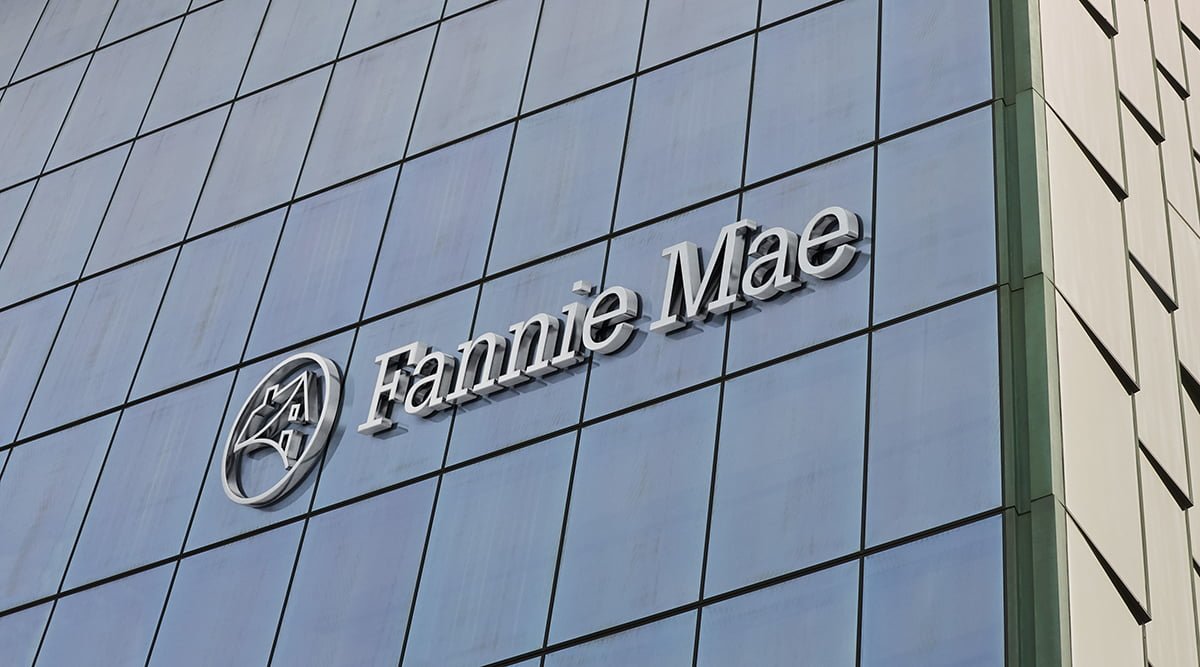When Fannie Mae and Freddie Mac are released from conservatorship, they will hold an offering to allow investors to buy more stock. However, some believe that as the companies stand now, investors wouldn’t buy shares of the government-sponsored enterprises.
Q1 2020 hedge fund letters, conferences and more
Investors might not buy Fannie Mae stock in an offering
In a report dated Thursday, analyst Dick Bove of Odeon Capital explained what former Fannie Mae Chief Financial Officer Timothy Howard said about the GSEs' business models on a conference call this week. Bove said he continues to question why anyone would buy Fannie Mae or Freddie Mac stock. He also wonders "who would become so enamored with these companies that they might place hundreds of billions of dollars into them."
Bove and Howard argue that as things stand with Fannie's and Freddie's business models, it may not be able to make money in their stocks at this point. Bove said the answer to this question isn't tied up to the lawsuits or whether the government will see things as investors see them.
Instead, he believes the answer to the question lies in the business opportunity the companies can take advantage of and whether their business models are constructed in such a way that they will benefit from that opportunity.
Do Fannie Mae and Freddie Mac have a viable business model?
Based on what Howard said, Bove argues that Fannie's and Freddie's business model "is simply not viable enough to take advantage of any opportunity that might exist."
He claims that the GSEs are losing market share to big banks and the Federal Housing Administration's partnership with Ginnie Mae. He said both categories of competitors offer cost and price advantages of Fannie and Freddie. Howard also said neither the FHA/ Ginnie Mae nor big banks are as constrained in what they can do as Fannie and Freddie are.
He also said the Federal Housing Finance Agency is now proposing that the GSEs hold more capital than either banks or FHA/ Ginnie Mae hold on a risk-weighed basis. Further, he said any return on equity from Fannie Mae and Freddie Mac stock is expected to be in the 8% range. That's similar to what former Freddie Mac CEO Don Layton has said.
Argument for and against holding Fannie Mae stock
"In sum, Fannie and Freddie are about to be the high cost producers of what might be described as a limited product suite in what I believe to be a slow growth, highly cyclical business," Bove wrote. "These are the two companies that will be giving up market share to the low-cost producers with more attractive product suites."
Bove believes most people who look at the GSEs are more focused on the yields from their loan portfolios and the government's "supposed need to get rid of the companies and the profits they generate." He also said Howard mentioned one other point he has made, which is that Fannie and Freddie "have been forced to give up their most profitable activities."
Not everyone agrees with Bove's and Howard's views of Fannie Mae and Freddie Mac stock. Tim Pagliara and Grant Stark of CapWealth Advisors have told ValueWalk in the past that they do believe the GSEs have viable business models.
They have argued that big banks don't want the business that has been Fannie's and Freddie's bread and butter, which is 30-year mortgages. They point out that banks don't want to sit on a mortgage with low rates for 30 years when the Federal Reserve is likely to raise rates at some point.
Fannie Mae and Freddie Mac have focused on providing liquidity for the mortgage market in the form of 30-year mortgages, which big banks simply don't want. One of the key questions for the GSEs is whether the 30-year mortgages will continue after they exit conservatorship. Most experts would agree that the 30-year mortgage is important because it allows more people to buy homes.
Pagliara and Stark have also argued that no one can do the 30-year mortgage as well as Fannie and Freddie. They downplay the idea that competitors could come in and take their business away.
Awaiting the offering
It will be quite some time before an offering will be held for Fannie Mae and Freddie Mac stock. ACG Analytics expects the offering to be held between June 2021 and June 2023. Before the offering can be held, the capital rule for the GSEs will have to be finalized, and the preferred stock purchase agreement will have to be finalized. The GSEs will also need to exit conservatorship or operate under a consent decree until they do.
In the meantime, Bove believes investors should sell the common shares that currently exist but buy the preferred shares. Pagliara and Stark recommend both common and preferred shares, although they do have a preference for the preferred shares due to the pending lawsuits filed over the net worth sweep.






